Insomnia
Do you have trouble getting off to sleep at night, lying awake seemingly for hours without dropping off? Or wake up during the night and can't get back to sleep? Does your mind race with thoughts about the day just gone or worry about the future? Do you feel rubbish during the day because of poor sleep the night before? If you have a sense of having slept badly and suffer as a result then you probably have insomnia. Insomnia is a lot more common than you might think - around 35% of people report having sleep problems in any one year. CBT and CBH are especially well suited therapies for dealing with insomnia because they start from seeking to understand what is going on emotionally, behaviourally and cognitively (conceptualisation) and then target the causes(s) of insomnia and why it is being maintained as a problem, giving you practical ways in which you can address the problem and the consequences.
While insomnia is often linked with anxiety, stress, worry, low mood or depression, that is not always the case - it can become almost habitual and something you put up with because you have been unable to resolve it. Yet CBH offers a wide range of behavioural, cognitive and hypnotherapeutic techniques to treat insomnia with a very strong evidence base for their effectiveness (70-80% showing improvement as a result of treatment), including mindfulness, relaxation techniques, behavioural strategies, cognitive restructuring, sleep hygiene and self-hypnosis. Insomnia doesn't have to be a way of life - you can get help.
A word of caution if you are using a sleep app — apps may help , but also they can lead to an obsession with measuring and monitoring so-called ‘sleep quality’, to the extent that you may end up with a problem when you never actually had one before, or else make a mild issue worse! If you are obsessed by your sleep quality, ditch the app!
See blog post on Insomnia

